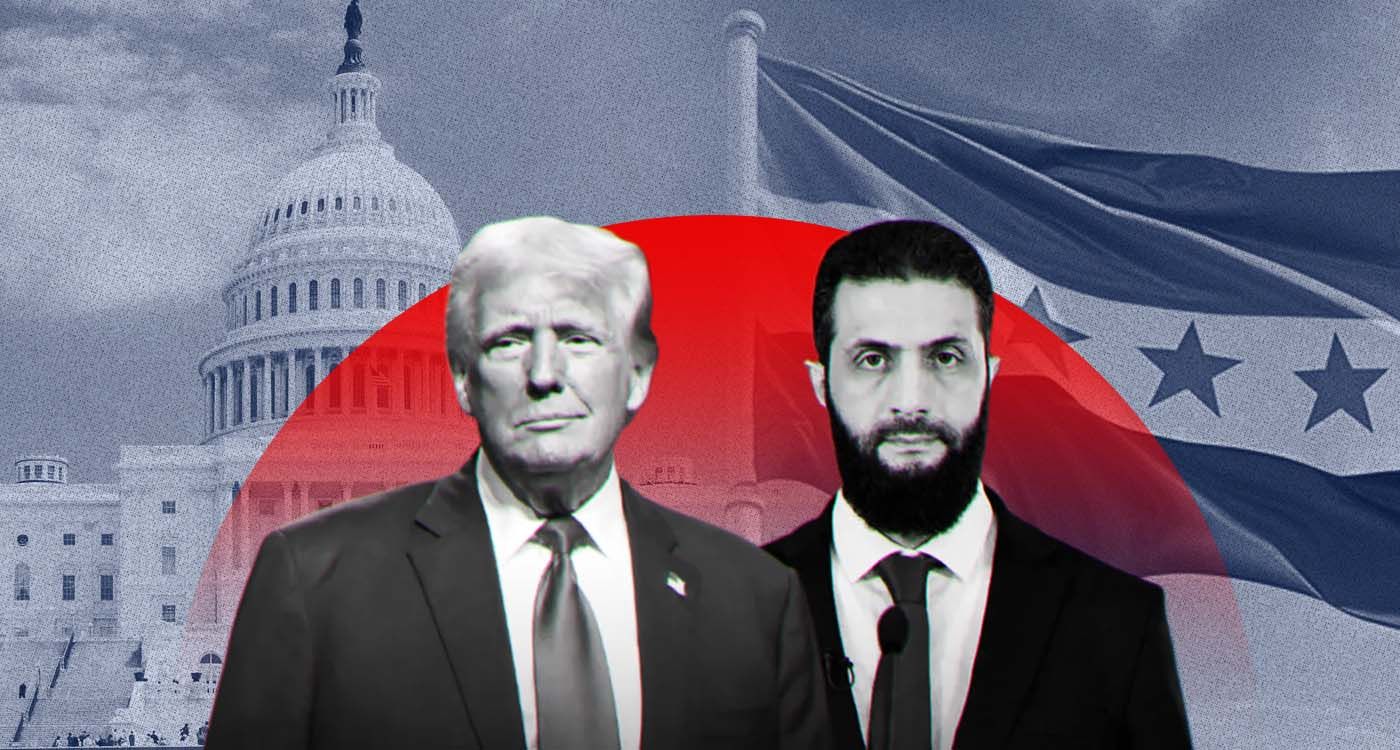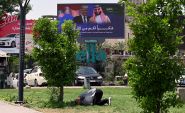
In a move that could signal a turning point in Washington-Damascus relations, United States President Donald Trump signed an executive order on June 30, 2025, partially lifting economic sanctions against Syria. These measures, in place for more than two decades, had severely isolated the Syrian economy and disrupted the functioning of most public institutions.
Starting July 1, 2025, the decree formally lifts the national emergency declared against Syria in 2004 – a status that paved the way for broad sanctions.
Targeted Relief, Continued Strategic Pressure
Although this decision represents a notable easing, it stops short of a complete lifting of sanctions. Restrictions targeting Bashar al-Assad, his inner circle, drug traffickers, human rights violators, individuals involved in chemical weapons production, and terrorist organizations such as ISIS and Iranian-backed militias remain fully enforced.
At the same time, several previous decrees – including those from 2004, 2006, 2008 and 2011 – have been revoked. These had imposed asset freezes on Syrian holdings, export bans and restrictions on transactions with the Syrian state.
Moving Toward a Regulated Financial Recovery
The decree also calls for lifting sanctions related to chemical and biological weapons legislation, which entails:
- The resumption of select forms of foreign aid and financial support.
- Approval of loans and credit guarantees.
- Easing restrictions on the export of sensitive technologies.
- Partial easing of limits on loans from US banks to the Syrian government.
These measures could provide partial economic relief to Damascus and pave the way for Syria’s gradual reintegration into the international economic system, conditional on meeting certain commitments.
Ongoing Oversight of the Caesar Law
The decree does not repeal the much-feared Caesar Act, but President Trump has granted the Secretary of State authority to submit a report to Congress within 30 days. This report must evaluate whether the conditions justifying the sanctions still hold. Should non-compliance be confirmed, the sanctions would be reinstated immediately. Meanwhile, certain counterterrorism provisions have been suspended “in the interest of US national security.”
The President says the shift is driven by developments over the past six months, notably the “positive steps” taken by the new Syrian government led by Ahmad al-Chareh.
A Conditional Comeback to the Diplomatic Arena
Trump underscores that Syria’s stability and unity remain top priorities for the US, provided the country no longer serves as a safe haven for terrorism and guarantees minority rights. He has authorized targeted sanctions against any individual or group that obstructs the constitutional process or the organization of free and fair elections in Syria.
On the international stage, the decree also instructs the Secretary of State to bolster the US position at the United Nations in support of Syrian efforts on counterterrorism, political stability and chemical and biological disarmament. Talks are underway to explore potential avenues for easing multilateral sanctions.




Comments